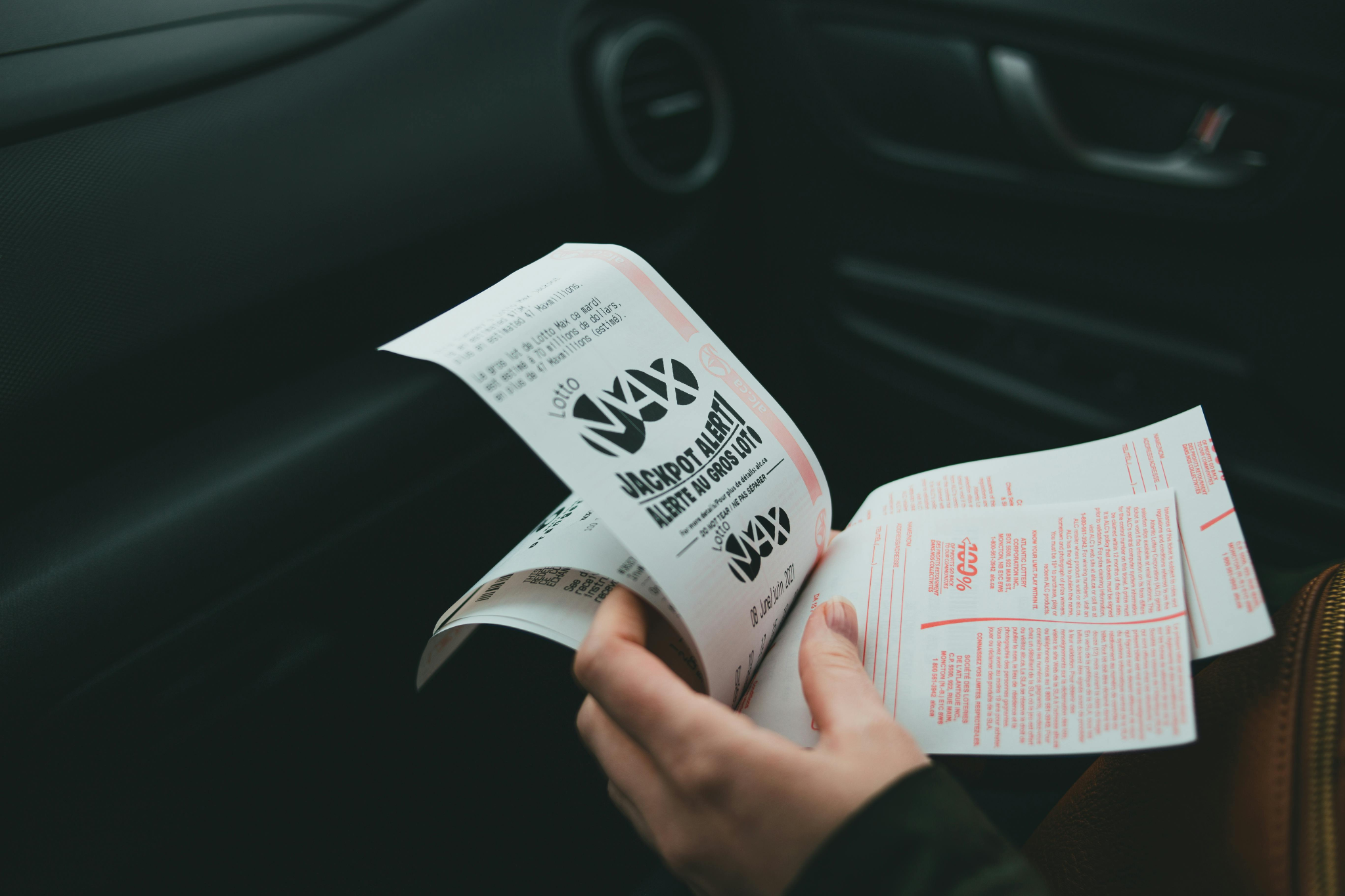Businesses have employed sweepstakes for a long period as a means of attracting consumers and entertaining a target market. Everything from winning a free vacation or new car to smaller prizes, such as gift cards, the idea of sweepstakes really offers participants a tantalizing chance to gain something of value without the necessity of making a purchase. But beneath the excitement of maybe winning big comes a complex legal structure that dictates how sweepstakes may legally be conducted in the United States.
What is a Sweepstakes?
A sweepstakes is a contest where prizes are given away to people randomly selected. It’s often used as a marketing tool to increase brand awareness, promote products, or encourage customer engagement. Unlike contests where you need to use skill, creativity, or merit to win (e.g. write an essay, submit a photo, or answer questions correctly) sweepstakes winners are chosen randomly so you don’t need any special skills or abilities.
With sweepstakes, you do not directly enter or participate and there is no cost engaged by you to do so at all. Which is what keeps it away from any legal issues of gambling or lotteries. Sweepstakes encompass no-purchase necessary modes of entry that include sending a postcard, completing a sweepstakes entry form, or liking a brand on a social networking site. This is what sets sweepstakes apart from lotteries wherein you give or give consideration for a chance to win the prize. Lotteries are normally highly controlled and in most cases only state-run or operated. Sweepstakes enable business entities and other organizations to offer people gifts without any regard to the anti-gambling laws in case they reach people without asking for any payment in the attainment of the aim. These sweepstake sites available in New York provide the participation platforms in the said promotional drawings.
Legal Framework: Federal and State Regulations
Federal Trade Commission: The FTC monitors sweepstakes primarily through the laws on deceptive advertising and promotions. The organizers of the sweepstakes must ensure their promotional materials are not misleading in disclosing the chances of winning, the nature of the prizes involved, or any other material terms.
Postal Requirements: All those sweepstakes mailing entries or winner notifications via the postal service are required by the USPS to operate according to their regulations and guidelines regarding entry receipt and prize delivery.
State Laws: Besides federal regulation, states can also enact their own laws to deal with sweepstakes. These can be quite varied and aspects that may be addressed include things like registration and bonding requirements, disclosures to participants and prohibited practices.
Key Legal Considerations for Sweepstakes Organizers
No Purchase Necessary: All sweepstakes need to have a free way to enter, otherwise known as an “alternative means of entry” so people can enter without purchase. In fact, according to the American Sweepstakes & Promotion Company, 83% of consumers believe offering a free entry option is an important feature when it comes to sweepstakes.
Clear and conspicuous disclosures: Sweepstakes are supposed to clearly disclose some basic information to participants. This would involve the odds of winning, any restrictions or way of eligibility, the beginning and closing dates of the promotion, and how winners are to be selected and notified. In a Nielsen study, 68% of participants said they would be more apt to trust a sweepstakes if it presented them with clear rules and disclosures.
Prize Value and Taxes Sponsor is responsible for determining the prize values and following federal and state tax guidelines. Winners whose prizes' value is over the minimum will be supplied with an IRS Form 1099 for their prize award. According to the National Sweepstakes Association, in a survey almost 58% of consumers decide whether or not to enter a sweepstake based upon the value of the prizes and possible tax burden.
Recent Developments and Trends
Digital Platforms: The emergence of social media and online platforms has significantly transformed the manner in which sweepstakes are conducted and marketed. Organizers face the challenge of navigating a complex web of considerations pertaining to privacy, data protection and rules specific to each platform (this can be quite daunting).
Mobile Entries and Technology: Mobile devices and applications have simplified the process for participants to enter sweepstakes; however, organizers must ensure that these entry processes remain accessible and adhere to pertinent regulations. This can be tricky because technology is constantly evolving.
Increased Scrutiny: With sweepstakes becoming increasingly popular, the regulating agencies, such as the FTC, closely monitor for compliance and do not tolerate consumer complaints based on deceptive or unfair acts.
In general, sweepstakes give a logical avenue of public relations for any business venture that wishes to connect with consumers by informing them of the existence of their brand. That is, it can at best be rather intimidating with the need to come to terms with the legal surface relative to sweepstakes law within the United States Although such work may indeed be confined to the arena of paid-entry sweepstakes, it is imperative that significant attention is paid to the strict categorical federal and state laws regulating such events. It is relevant to know and listen to these two distinct legal systems to make sure that a sweepstakes organizer can eliminate all possible legal risks and make the participants happy with the whole experience. Sweepstakes law has not stood still and much of the change is due to pressure from technology and shifts in consumer perception. For instance, if it wants to delve into the specifics of running a sweepstakes offer in the United States only, then it should proceed to explain the legalities alongside the fine print surrounding the exercise.
